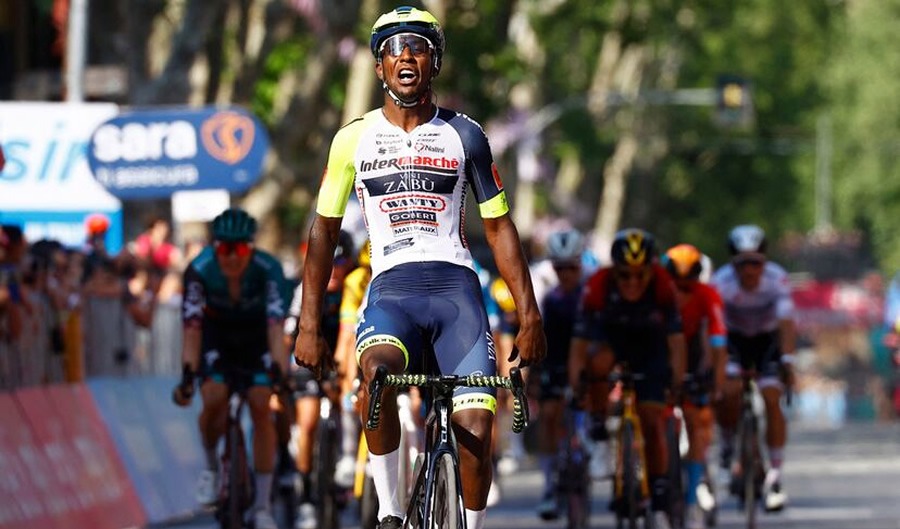
The World Road Cycling Championships in Kigali marked a turning point in the history of the sport in Africa. For hundreds of riders from the continent, competing on home soil is much more than a sporting challenge: it is the confirmation that African cycling is beginning to take its place among the international elite.
The event brings together 36 African teams, a number never before seen at a world championship. For many young people, cycling in this competition means fulfilling a long-cherished dream, even though they do so with limited resources against European and American rivals with far superior technology and professional support.
The contrast can be seen in specific details. While some teams have state-of-the-art bicycles, other African riders face time trials on conventional models, highlighting the material gap that persists. Nevertheless, enthusiasm and determination seem to compensate in part for this disadvantage.
Rwanda, the host of the event, has invested in infrastructure and equipment to raise the profile of its national team and project a modern image of the country. The goal is not only to achieve good results, but to leave a sporting legacy that will motivate new generations to see cycling as more than just a means of transport.
The example of Eritrea's Biniam Girmay, who has become a benchmark after winning stages in the Tour de France and the Giro d'Italia, hangs over the African peloton as a sign of what is possible. Young riders dream of following in his footsteps and proving that, with the right preparation, Africa can rub shoulders with the traditional cycling powers.
Beyond the immediate results, this World Championships symbolises an opportunity for transformation. If the investments and projects are consolidated, the Kigali championships could be remembered as the starting point of a new era for African cycling.
